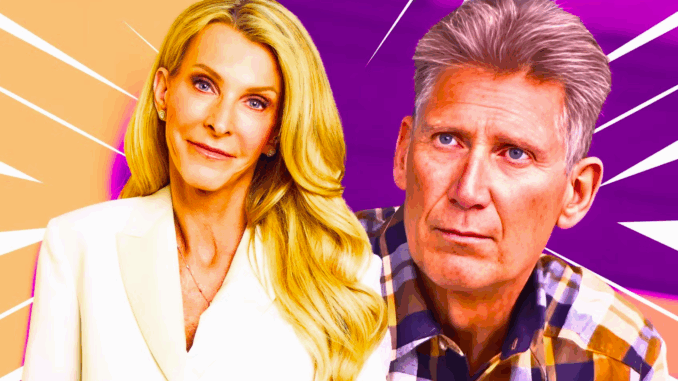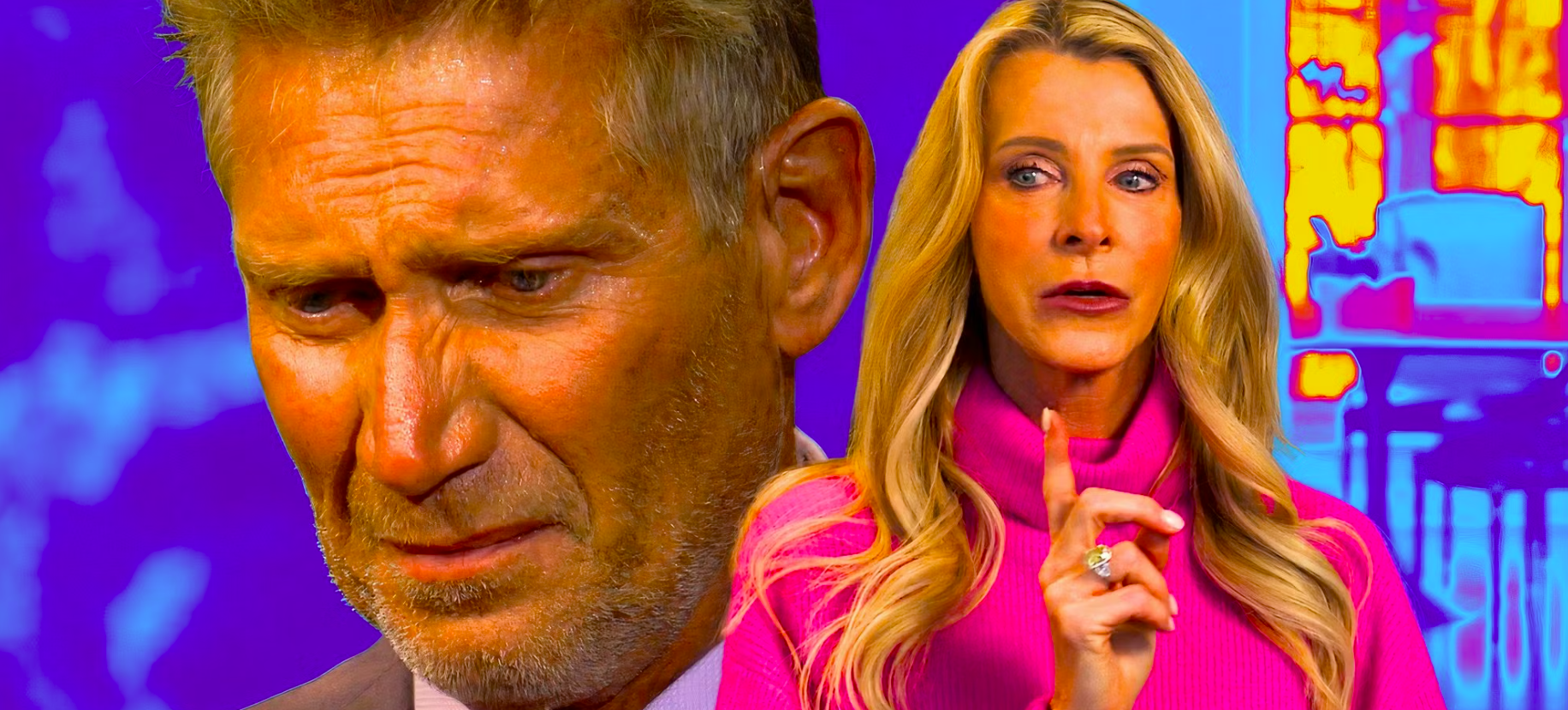
When Reality TV Becomes a Mirror
In the often glitzy, high-drama world of reality dating shows, The Golden Bachelor dared to do something radical: it slowed down. It gave space to grief. It honored the past. And most remarkably, it became a show not just about finding new love, but about letting go of old pain.
For many viewers—especially those over 50—Gerry Turner’s story was more than entertainment. It was a deeply relatable journey of moving forward while still honoring the past.
“I didn’t expect to cry,” said viewer Carol West, 67, from Michigan. “But then I heard Gerry talk about his late wife, and it was like I was hearing my own story.”
A Safe Space for Grief and Growth

From its very first episode, The Golden Bachelor made it clear: this wasn’t going to be a show about drama-fueled catfights. Instead, it focused on emotional complexity. The contestants weren’t chasing fame — they were confronting decades of personal history, loss, and hope.
One standout moment came in episode three, when contestant Sandra, a 70-year-old retired nurse, opened up about losing her son in a car accident ten years prior. The conversation between her and Gerry was unpolished, vulnerable, and incredibly moving.
Gerry, himself widowed, listened with the compassion of someone who understood. “Some days, the memories hit like waves,” he said. “But I like to think love doesn’t disappear — it just changes shape.”
Moments like that reminded viewers why The Golden Bachelor resonated so deeply.
Therapy on Thursday Nights?
It’s no surprise that The Golden Bachelor was described by some fans as “better than therapy.” For many older adults — especially those who’ve experienced loss — watching others speak openly about grief was incredibly healing.
Mental health professionals have weighed in, too. Dr. Eliza Carmichael, a therapist who specializes in bereavement, told Psychology Today that the show “provided national exposure to the emotional truths of aging: that grief and love can coexist, and that vulnerability doesn’t fade with age.”
Bachelor Nation, once known for champagne-fueled chaos, was suddenly posting support threads, sharing personal stories, and even organizing virtual meetups for fans over 60.
“It gave us language for what we feel,” said fan Nora Menendez, 72. “And permission to believe in love again.”
A Rare Kind of Representation
In mainstream media, senior citizens are often relegated to background roles or comic relief. The Golden Bachelor changed that. It showed older adults as vibrant, sexy, complex, and capable of intense emotional transformation.
The contestants weren’t portrayed as “cute grandparents” — they were shown as full people, dealing with complicated feelings and opening themselves to love again, despite the fear.
Even fashion played a part. Gone were the glittery cocktail dresses of the younger franchise. Instead, women wore elegant gowns, bold lipstick, and personal accessories that spoke to lived experience. The show didn’t erase age — it celebrated it.
What We Take Away
While not every relationship on the show lasted — and not every contestant found “the one” — the biggest takeaway from The Golden Bachelor was this: love is still worth seeking, even after heartbreak.
For a generation that often feels invisible in dating culture, this show offered not just hope, but visibility. It told millions of viewers, “Your story isn’t over.”
One final quote from Gerry, spoken during the finale, seems to sum it up best:
“We carry the people we’ve loved into the future with us. And if we’re lucky, someone new will take our hand and walk with us, too.”